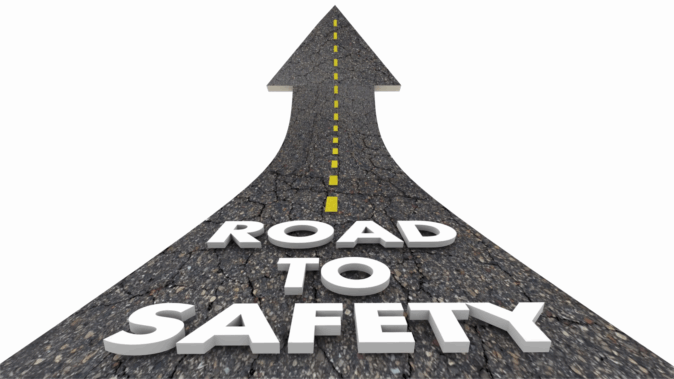Power tools are indispensable in the construction industry, revolutionizing the way tasks are accomplished and significantly increasing efficiency. However, the benefits of power tools come hand in hand with potential hazards. Prioritizing safety is paramount when using these tools on construction sites.
Proper Training
One of the fundamental aspects of ensuring safety when using power tools is providing comprehensive training for construction workers. Training should cover the correct operation of each tool, safety protocols and the proper use of personal protective equipment (PPE). Workers should be well-versed in the potential risks associated with specific tools and how to mitigate them.
Personal Protective Equipment (PPE)
Wearing the appropriate PPE is crucial when operating power tools. This includes safety goggles to protect the eyes from flying debris, ear protection to guard against excessive noise, gloves to prevent injuries and dust masks for respiratory protection. Adhering to PPE guidelines significantly reduces the risk of accidents and injuries.
Regular Equipment Inspection and Maintenance
Before each use, power tools should undergo a thorough inspection to ensure they are in proper working condition. Any damaged or malfunctioning tools should be immediately taken out of service and repaired by a qualified professional. Regular maintenance schedules should be established to address wear and tear, ensuring that tools remain in optimal condition.
Follow the Manufacturer’s Guidelines
Each power tool comes with specific guidelines provided by the manufacturer. Users must read and understand these instructions thoroughly before operating any tool. This includes information on proper usage, maintenance and safety precautions. Ignoring manufacturer guidelines can lead to accidents and compromise the tool’s functionality.
Use the Right Tool for the Job
Selecting the appropriate power tool for a given task is crucial for both efficiency and safety. Using the wrong tool not only hinders productivity but also increases the risk of accidents. Before starting a project, workers should assess the requirements and choose the tool that is specifically designed for the job at hand.
Secure Work Environment
Maintaining a safe work environment is essential when using power tools. Ensure that the work area is well-lit, organized and free from clutter. Adequate space should be provided for tool operation, and caution should be exercised to prevent tripping hazards. Workers should also be aware of their surroundings and the presence of other workers to avoid accidental collisions.
Power Source Safety
For electric power tools, proper attention should be given to the power source. Cords should be inspected for frays or damage, and extension cords should be used appropriately. When working with cordless tools, ensure that batteries are charged and in good condition. For pneumatic tools, check the air compressor for leaks and maintain the recommended pressure levels.
Conclusion
Using power tools in construction can greatly enhance productivity, but safety must always be the top priority. By providing thorough training, enforcing the use of personal protective equipment, conducting regular equipment inspections and following manufacturer guidelines, construction professionals can create a safer work environment and mitigate the risks associated with power tool usage. Prioritizing safety not only protects the well-being of workers but also ensures the successful and efficient completion of construction projects.
Scott Davidson, Safety and Education Director, is available to further discuss fire protection on construction sites. As a benefit of your membership to MCA/CPCA, there is no fee for the following services provided:
- Job Site Inspections
- Tool Box Talks
- Site Specific Safety Programs
- Help with Third Party Safety Plans (ISNET)
- Onsite, at your shop, or at our facility training (Mobile Elevated Work Platforms, Fall Protection, PPE, Haz Com, OSHA 10, OSHA 30, OSHA Refresher and more)
- Site Specific Safety Consulting (Fall Protection, Confined Space, Trenching and Excavation and more
- You can call Scott for more information
